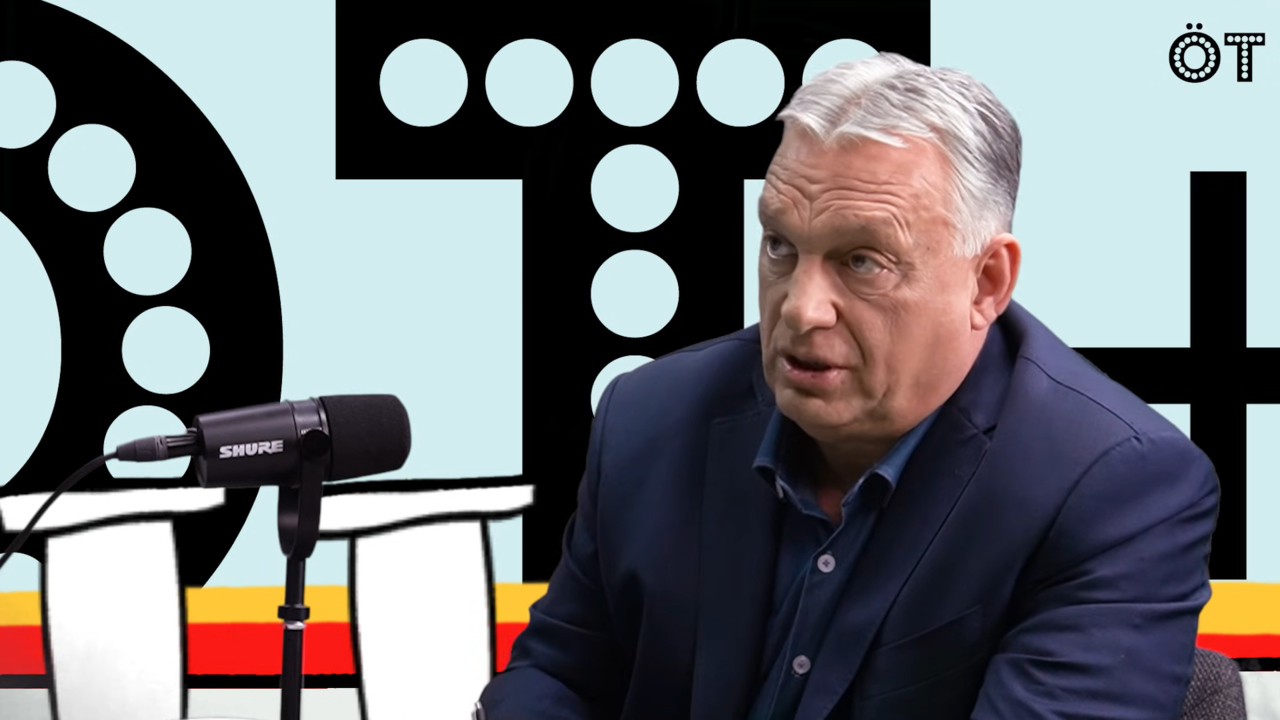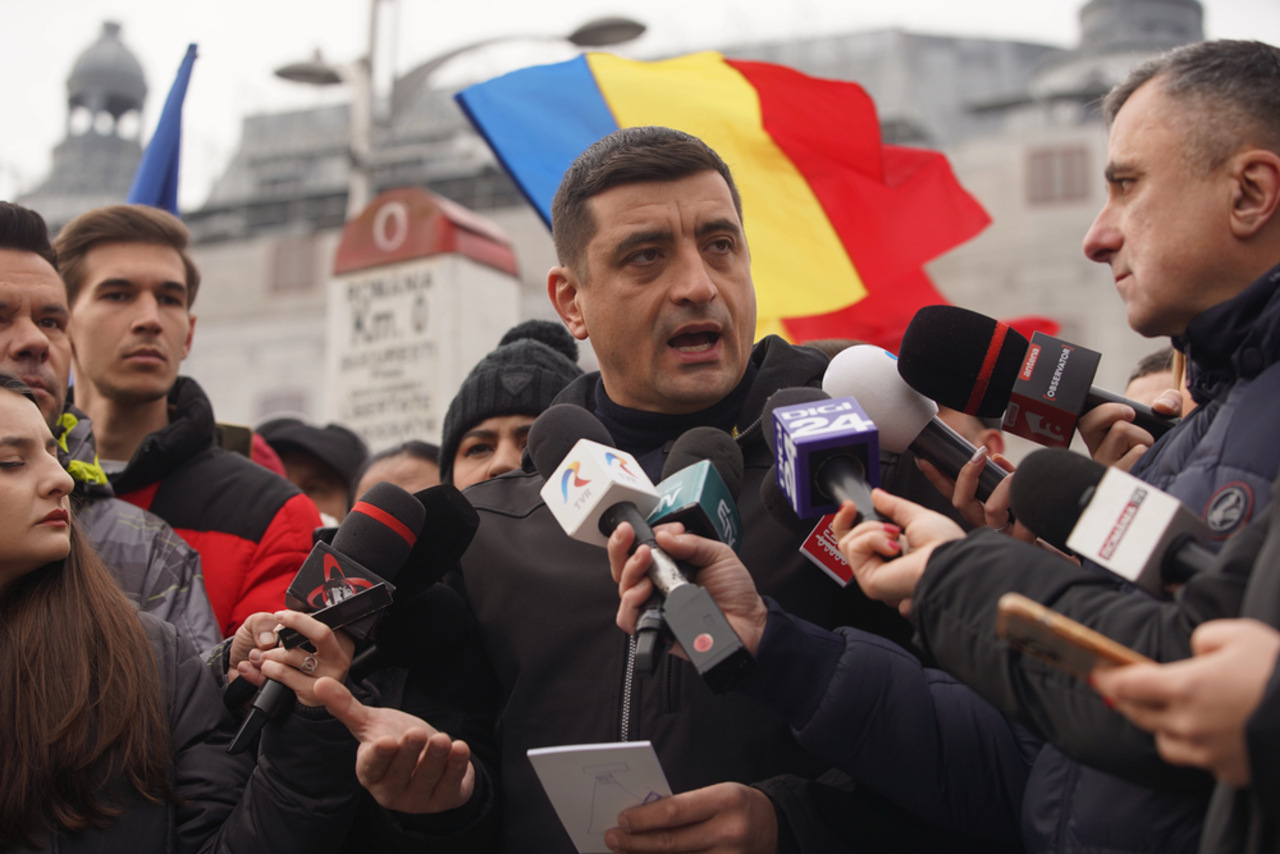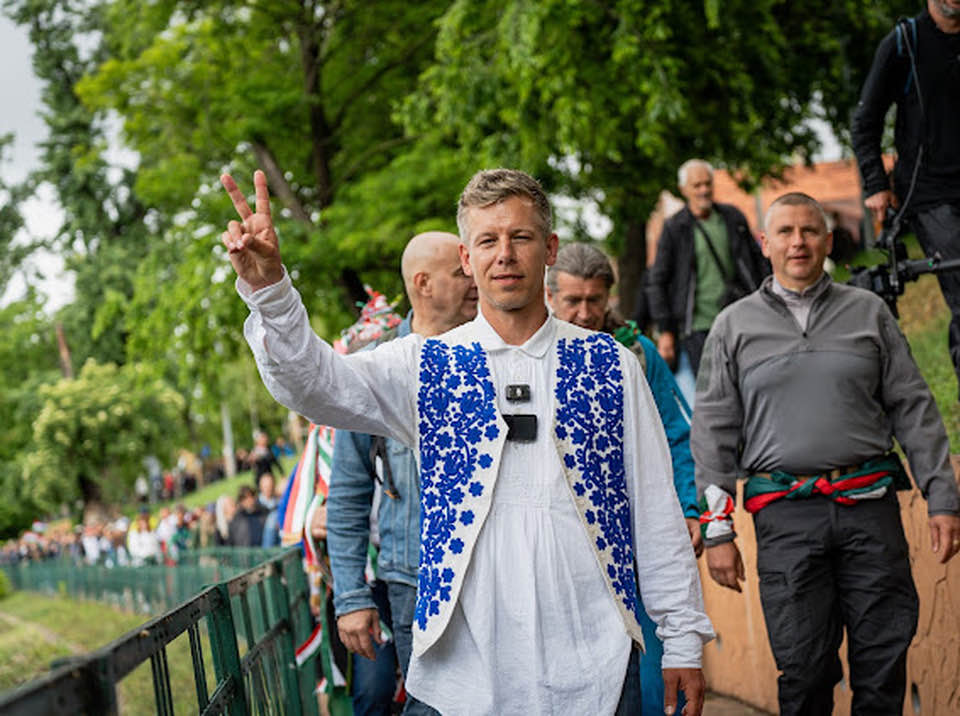International interests: Why did Orbán support anti-Hungarian Simion? American, Italian requests in the background

Hungarian Prime Minister Viktor Orbán’s recent endorsement of George Simion, Romania’s far-right presidential candidate, sparked surprise and controversy both at home and abroad. According to an investigation by Válasz Online, the decision was not made in isolation, as it was allegedly influenced by requests from the United States, Italy, and Portugal.
Orbán praised Simion during a speech in early May in Tihany, despite the fact that Simion and his AUR party have been labelled anti-Hungarian by Romania’s main ethnic Hungarian party, the RMDSZ. The move was unexpected, even within Hungary’s own foreign policy circles. One government insider told Válasz Online that “the matter had not previously been on the agenda.”

Multiple factors reportedly contributed to the controversial show of support. Strategically, aligning with Simion fits into Orbán’s long-term goal of strengthening ties with the European Conservatives and Reformists (ECR) group, led by Italian Prime Minister Giorgia Meloni and Poland’s Law and Justice (PiS) party, of which AUR is also a member. A closer alliance with this right-wing bloc could enhance Orbán’s influence within the European Parliament.
Additionally, Válasz Online suggests that Orbán may have seen Simion as a potential ally in the European Council. A like-minded partner could help Hungary fend off renewed Article 7 proceedings or other EU sanctions targeting Hungary’s democratic backsliding.
The decision may also have been shaped by transatlantic considerations. Sources claim that allies of Donald Trump were eager to see Simion, whom they regard as an ideological ally, gain power in Romania. Orbán’s political director, Balázs Orbán (responsible for managing U.S. relations), is said to have relayed this interest to the Prime Minister.
Despite the political manoeuvring, Simion ultimately lost the presidential race. The final results published by Romania’s Central Electoral Bureau on 20 May show that Nicușor Dan won the election with over 6.1 million votes, defeating Simion by nearly 830,000 votes.

Backlash from the Hungarian community in Romania was swift. The RMDSZ publicly condemned Simion’s views and Orbán’s endorsement, creating an unusual rift between the Hungarian government and ethnic Hungarians across the border. While the speech did not sever ties, it has created an opening for political challengers. Hungarian opposition figure Péter Magyar has begun courting support among ethnic Hungarians in Romania, believing his movement could rival Fidesz in this voter segment by next spring, though analysts view this as an overly ambitious goal for now.
In the short term, the Hungarian government is focused on easing tensions with the RMDSZ.
Read more news about Orbán HERE. As for news about Péter Magyar, click HERE.
Read also:







